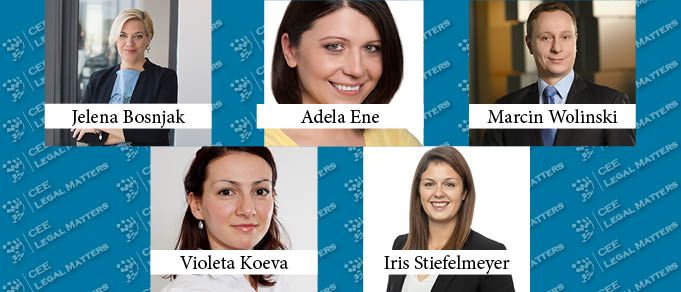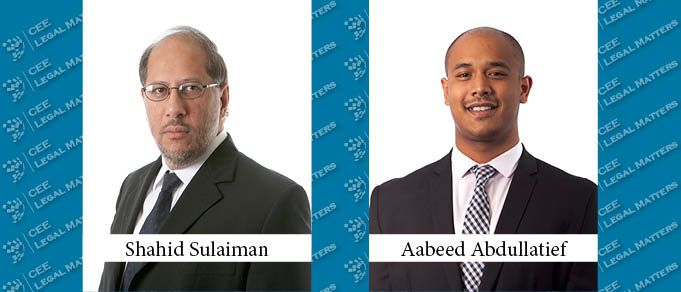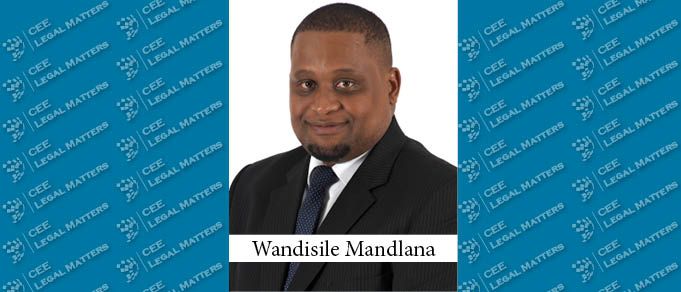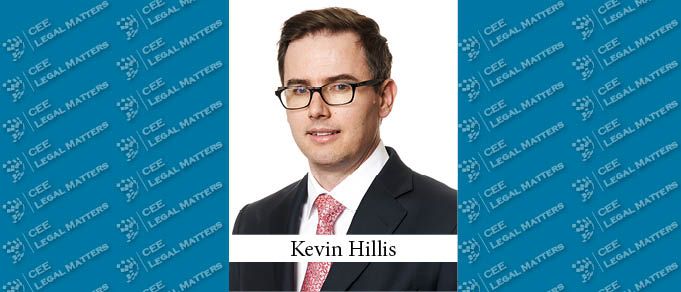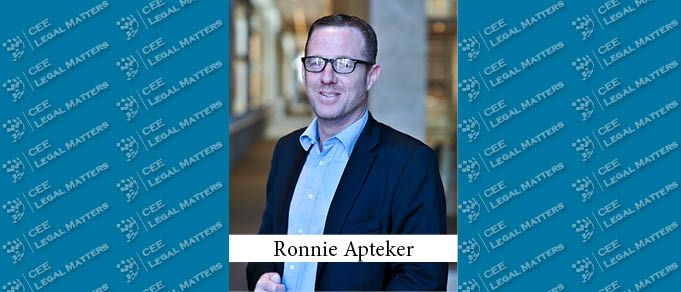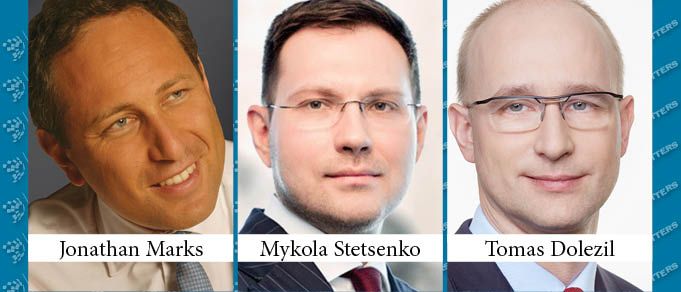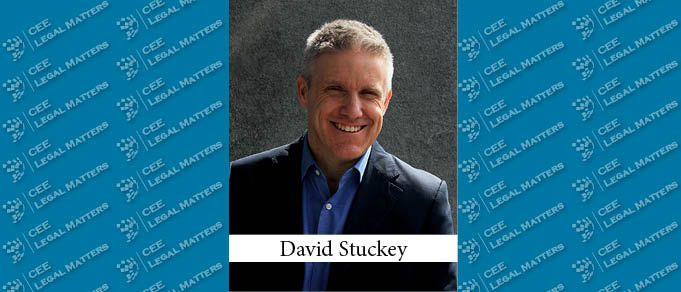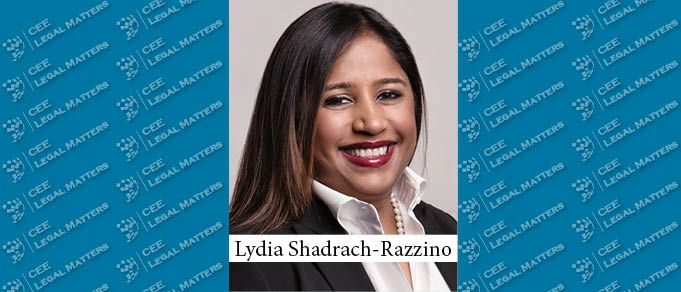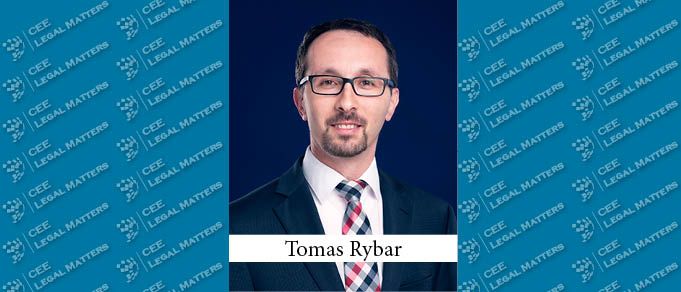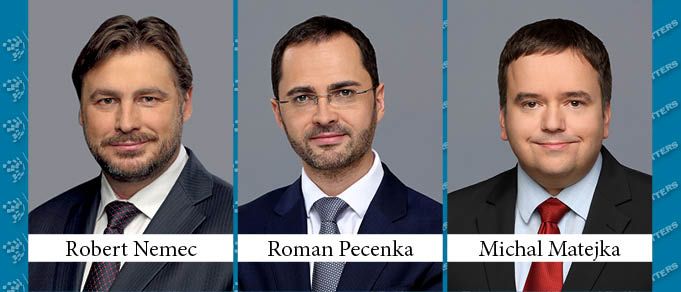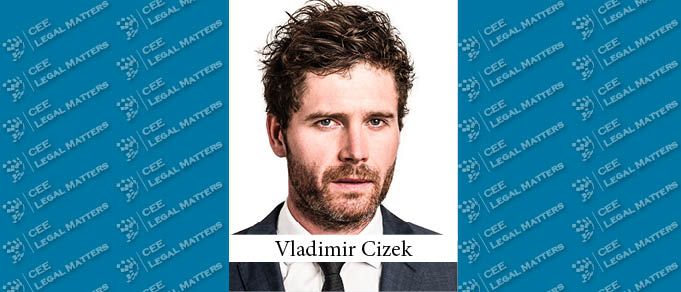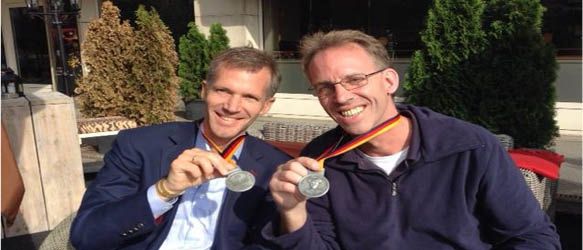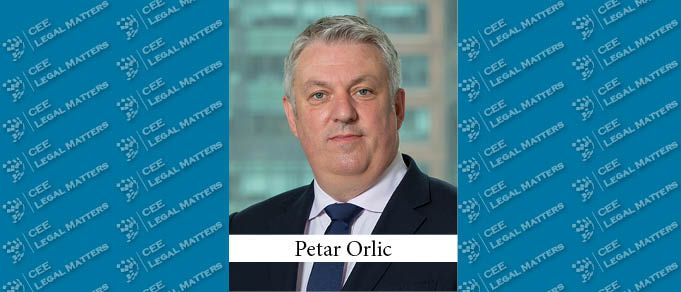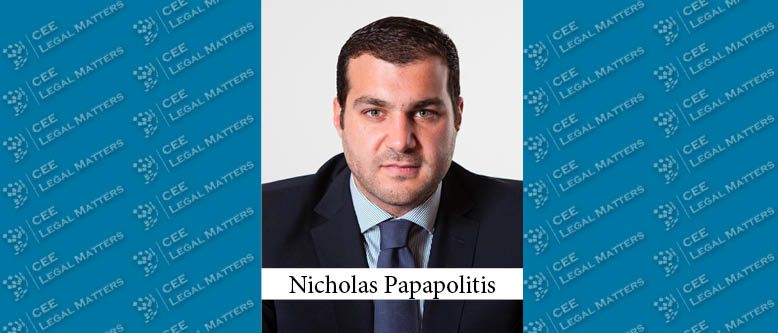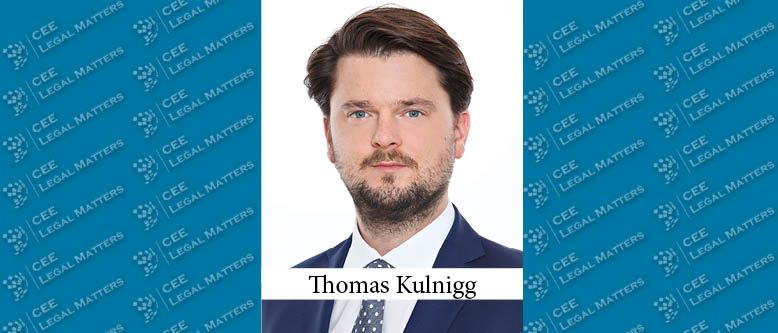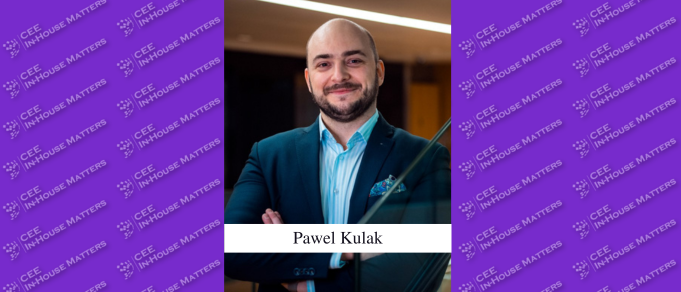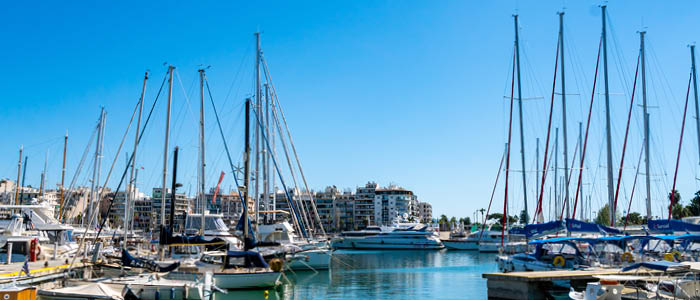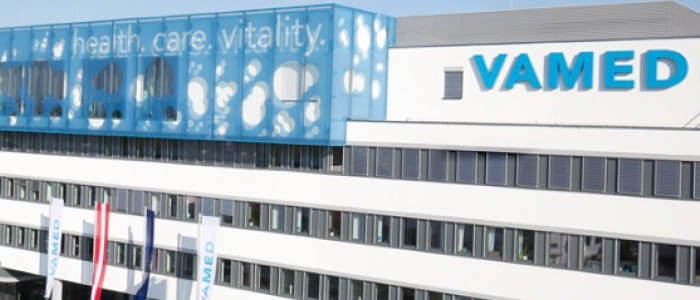Why would anyone knowingly become a law firm marketing specialist – a role that is demanding, complicated, challenging, and stressful? To explore this mystery, we went to the source. Accordingly, this time around we asked the law firm marketing specialists of CEE to complete the following question: “I went into Law Firm Marketing/BD as a career because ____________.“
The Main Pull Factors for South African Investors in Central and Eastern Europe
Central and Eastern Europe has attracted significant interest from South African investors in the last decade, in a wide range of sectors, including healthcare, retail, FMCG and real estate.
Climate Change Increasingly Emerging as a Legal Liability Risk for Lenders in South Africa
Legal liability for climate change is an emerging risk for lenders in South Africa – a risk that is by no means limited to projects in the fossil fuel industry.
South African Capital Continues to Court Central and Eastern Europe
Over the past few years we have seen a sustained interest by South African companies in investing in Central and Eastern Europe. I travel to the region regularly and am often asked to explain why this is so. In particular, what are the drivers of capital outflow and what opportunities does this present for CEE-based businesses?
Both Bobotie and Borsch: A South African in Kyiv
Ronnie Apteker is a South-African born entrepreneur, author, and filmmaker. He founded the first Internet Service Provider in South Africa, which is now part of the world’s largest TelCo, Japans’s NTT. He has made Kyiv his second home, and is currently busy with a documentary film project about the IT landscape in Ukraine. We asked him to share his thoughts about Kyiv – many of which, it turns out, apply elsewhere in CEE as well.
On the Road: How CEE Law Firms Structure Their BD Trips to the United Kingdom
Another in our series of articles leading up to the 2020 Dealer’s Choice Law Firm Summit and Deal of the Year Awards in London.
Editorial: From Gettysburg to Johannesburg
South Africa is rich. Not just in gold and diamonds – although God knows, in those too – but in everything. There is, in the country, a richness of cultural and ethnic diversity, of languages, of turbulent and joyous history. Of the largest and fiercest animals left on the planet. Of breathtaking sights and majestic tableaus. Of world class wines and remarkable cuisine. Of colors and tastes and sounds and smells and experiences and friendships. And, yes, also in gold and diamonds.
The Southern African Deal Landscape
Lawyers get a helicopter view of the deal-making environment, as we have access to various sub-sectors within the private equity space and the general mergers and acquisitions deal-making space. We have access to large corporates, family offices, PE funds, and some pretty savvy transactors.
Guest Editorial: Rediscovering the Wider Role of Lawyers in Slovakia
The legal profession in Slovakia will shortly celebrate 30 years of independence. And as the country itself is not much older than that, the profession-building and country-building have taken place side by side, going through ups and downs.
Proof Positive: PRK Partners’ Relaxed Path to Success
In the 26 years since its launch in 1993 by Marek Prochazka as a Prague banking and finance boutique, PRK Partners has added offices in Bratislava and Ostrava and grown into one of the largest and most successful law firms in the Czech and Slovak Republics. That growth, the firm’s partners maintain, is a by-product of the firm’s traditions of flexibility, professionalism, and innovation, rather than the result of a predetermined plan.
Guest Editorial: Another Successful Year for M&A and PE/VC Transactions
No doubt we all agree that a good lawyer should not only have extensive legal knowledge and experience, but should also constantly monitor the market. In reviewing the state of the Czech legal market over the past six months, I would like to point out several issues I personally find interesting or important.
A Family Affair: The Hanslik Brothers Continue Family Tradition in Law, Leading Way With Style at CMS Vienna and Taylor Wessing Prague
It’s not easy to get to the top of a profession. Among lawyer in particular, there is fierce competition, great pressure, slim margins of error, and a number of people waiting to capitalize on mistakes. Making it to the top, and staying there, is a tightrope that must be walked over and over. And yet, the Hanslik family has not one but two such high achievers, in two different countries, as Austrian brothers Erwin and Guenther Hanslik have senior positions at offices of two of the most respected and successful international law firms in Europe.
Guest Editorial: BREXIT - How Will It Affect CEE?
I have been working as real estate lawyer in CEE for the past 20 years and at no time during that period have I been asked about one topic so much. Of course, I am talking about the b-word: Brexit. Questions range from “is it still going to happen?” to “how is the UK going to cope with what seems likely to be a ‘hard’ Brexit?” No matter what the question, it has been very interesting to gauge what the potential effect of Brexit will be on the CEE market and, in particular, on foreign institutional investment into the region.
Editorial: Satiata Emptor
I recently bought a used car, and the friendly people at the dealership gave me a three-month warranty covering most of the car. The tire pressure warning light was on when I drove the car off the lot, but they reassured me that the sensor had recently been replaced and that the light on my dashboard would turn off soon.
Beyond Dispute: Cautious Hope about Ukraine's Ongoing Judicial Reform
As the country entered the 21st century, Ukraine’s Soviet-era judicial system was widely condemned as corrupt, incompetent, and inefficient. Committed to rectifying the situation, in 2015 the Ukrainian government introduced plans to reform the entire system. That transformation, which was the focus of an August 2017 CEE Legal Matters Round Table, continues today. We reached out to several of the Ukrainian dispute resolution specialists we spoke to several years ago for an update.
Guest Editorial: The Greek Spring
Economic recovery, growth, and FDI are the main themes of the Greek market, where, after nine years of recession, the economy is beginning to shift and grow.
The Corner Office: The Most Difficult Lay-Off
In “The Corner Office” we ask Managing Partners across Central and Eastern Europe about their unique roles and responsibilities. The question this time around: What was the most difficult or unpleasant experience you had terminating someone’s employment?”
A Digital Debut: Interview with Thomas Kulnigg on Conda Share Digitalization
In September 2018 Schoenherr Partner Thomas Kulnigg advised crowd-investing company Conda AG on the digitalization of its shares, allowing the registered shares to be managed via blockchain technology. The project represented the first-ever digitalization of shares linked to digital tokens in an Austrian joint stock company. The tokens were digital units that were mined exclusively by Conda on a blockchain (dis-tributed ledger technology) protocol and then given to company shareholders. When a shareholder trans-fers a token to another person, the transfer is recorded in the blockchain and, on that basis, the transfer is also registered in Conda’s share ledger. The transfer of a token is thus the equivalent of a share transfer.

